
As an introverted and not-yet-so-famous historian, it amazes me that I have been able to develop surprisingly intimate friendships with Absaroka County, Wyoming Sheriff Walt Longmire; Wyoming Game Warden Joe Pickett; Iberia Parish, Louisiana Detective Dave Robicheaux; LAPD Homicide Detective Harry Bosch; and rogue CIA assassin Mitch Rapp.
If you want to meet interesting people, you must seek them out. These guys didn’t just knock on my door one day and introduce themselves. They are all very busy men. None is a braggart. All five are generally quiet and self-assured. They ponder humanity. They are men of few words. They are dedicated to their work; and by dedicated, I mean to say obsessed. They are all really good at what they do; although when they screw up, they do it big.
Unfortunately, they become so intent upon doing the job that their personal relationships suffer. They all accept this as the cost of doing business and in this case, “business” means correcting injustice while exacting justice, but almost always upon those who really deserve it.
They all carry weapons but they would rather talk themselves out of a fight rather than commit violence; except for Mitch, that is. Sometimes he just makes the hit and moves on. In many cases, their weapons, or lack thereof, define the moment; and with that comes the dark realization that we all live in a precarious world… always at the mercy of those who read the Second Amendment as gospel.
I am no fan of gratuitous violence, while I accept the harsh reality that we all live in a violent world. If we are to understand ourselves, we must factor that into the equation. With that said, each of my friends, due to their respective occupations, has participated in that special degree of brutality usually reserved for the story books; which of course, is where they all live.
Set in Northern Wyoming, Craig Johnson’s series of books about Sheriff Walt Longmire introduces readers to a remote part of the country where the dramatic upheavals of the natural world co-exist with the violent tendencies of mankind. Longmire is a widower and Vietnam vet, which is the short way of saying that he is often morose and reflective. It is only when he is solving crimes that he finds himself energized; almost always in defense of the underdogs.
Longmire’s crime investigations introduce the reader to a diverse Wyoming; including hardscrabble locals and traditional cattle ranchers, Native Americans struggling on and around the reservation, and newly arrived millionaire rancher-wannabes living in mansions on large gated properties.
Investigating murders has taken its toll on Longmire’s outlook on humanity. “I don’t trust people who don’t like animals,” says the misanthropic Sheriff. “Hell, animals are the finest people I know.”
The Wyoming landscape is captured beautifully; a serene environment which periodically explodes in bloodshed – unsurprising in a state where nearly everyone is armed. “Ain’t nothing wrong with shootin’ folks,” Longmire moralizes, “long as the right ones get shot.”
Longmire’s buddy is Henry Standing Bear, who owns The Red Pony Bar and eschews contractions in his speech. Many fans attribute this to Henry’s desire to be clearly understood; a refreshing attribute in a world now overflowing with clipped language.
Several seasons of Longmire are available on Netflix and the show is incredibly popular among Longmire fans. I have only recently begun viewing a few of the early episodes of Season 1 and have not been disappointed. There are a few adaptations but the spirit of the books seems to be intact.
Book 17 of the Walt Longmire Series by Craig Johnson is Daughter of the Morning Star which will be available later this year. Of course, you’ll want to start with Cold Dish (2004).
Also set in Wyoming with equally beautiful descriptions of the largely sans-human environment, the CJ Box series featuring Game Warden Joe Pickett serves as a rather pleasant introduction to the beauty and idiosyncrasies of the Cowboy State—especially when paired with Craig Johnson’s Longmire.
Joe Pickett is always struggling to do the right thing even when it is not always clear exactly what that is. As to the fish and game ordinances he is sworn to uphold, Pickett approaches his day-to-day work with a Dudley Do-Right attitude. The game warden never looks the other way, no matter how minor the offense or who has committed it. Famously, Joe once arrested the governor of Wyoming for fishing without a license.
Pickett’s struggles are often taking place within his own head and not readily spoken aloud. “Joe had always considered individual words as finite units of currency,” CJ Box writes about his beloved creation, “and he believed in savings.” And, in a line I have adopted as my own, Box adds, “In Joe’s experience, the person who talked the most, very often had the least to say.”
The game warden often finds himself in trouble of his own doing. This is partly due to the fact that he doesn’t know how to shoot straight. He is also a renowned destroyer of game warden pickup trucks.
Joe Pickett’s buddy is Nate Romanowski, a falconer who has pledged himself to protect Joe and his family. Nate and his birds commit many of the dirty deeds that leave Joe time to ponder the moral ramifications of his own behavior. Predictably, Nate has a very big gun, and, unlike Joe, he can shoot really straight.
CJ Box says he will not allow a film and TV version of Pickett unless he is convinced that the portrayal will be loyal to the characters that Pickett fans have come to know and love. Book 21 of the Joe Pickett Series is Dark Sky which was released earlier this year. Book 1 is Open Season which was released two decades ago. I envy you the score of stories that await you.
James Lee Burke’s series follows the criminal investigations of Iberia Parish Detective Dave Robicheaux. Set in New Orleans and Southern Louisiana, Robicheaux is haunted by his childhood experiences in rural Louisiana, his time in Vietnam, and subsequently, his battle with the bottle.
Like Joe Pickett, Robicheaux critically examines the human experience. “I didn’t mind being alone,” he ponders. “Solitude and peace with oneself are probably the only preparation one has for death.”
There is a mystical element to Robicheaux which has him engaging with lost loved ones and, on a few occasions, Confederate soldiers who long-ago shed their blood on nearby battlefields. One is left imagining that these encounters are more significant than those within the living, breathing world.
As with most of my friends here, the detective has a soft spot for the exploited; murdered prostitutes, victims of environmental degradation, and a stunning expose on the impoverished souls who took the brunt of Hurricane Katrina in 2005. Bringing home the point is Robicheaux’s pet, a three-legged raccoon named Tripod.
Robicheaux’s sidekick is Cletus Purcel, a massive hard-drinking specimen in a pork pie hat. Nothing else needs to be said regarding this loveable beast.
A couple movies have been made based upon Robicheaux novels; one with Alec Baldwin and the other with Tommy Lee Jones. I love both of these actors but the Robicheaux I know has lived in my head too long. As far as I can see, he belongs only in the pages of these books.
Burke’s most recent Robicheaux adventure is found in Book 23, A Private Cathedral (2020). Take note that Book 1, The Neon Rain was written in 1987 and Robicheaux was no boy in that one. So, if you do a little math, the Robicheaux of 2020 would be well past the age of… well, OK, don’t do the math.
Hieronymus Bosch is a Renaissance painter who often portrayed the darker, seedier side of humanity. Hieronymus “Harry” Bosch, the creation of Michael Connelly, is an LAPD homicide detective who investigates the results of the darker, seedier side of humanity.
At twelve years of age, Bosch’s mother, a prostitute, was murdered. Add to that a stint in Vietnam where Bosch served as a “tunnel rat” and you’ve taken a few steps toward understanding his approach to solving murders.
Harry Bosch is also a minimalist talker. (Do you notice a pattern here?) As Connelly writes of his literary offspring, “He defined good company not by the conversation but by the lack of it. When there was no need to talk to feel comfortable, that was the right company.”
Typically, Harry investigates crimes that others deem unimportant; best illustrated by his efforts to re-open long-unsolved cold cases. “Everybody counts or nobody counts,” he often says. With much of the evidence and witnesses no longer available in a cold case, Bosch is often found late at night poring over the “murder book.” Like an historian hiding away in the deep recesses of a research library, Bosch is always confident that the paperwork has more to say.
Several seasons of Bosch are now streaming on Amazon. Traditional Bosch fans are apparently extremely happy with the portrayal; likely due to Michael Connelly’s direct involvement with the production. When I first tuned in, the images just didn’t fit those I had created while reading; so I bailed on it. I’m glad that I did because each new Bosch book retains a purity that can be lost when someone else does the imagining.
Characters in the Bosch Universe, including Renee Ballard and Mickey Haller, have been explored in other Connelly projects. The most recent installment of the Harry Bosch series – with Renee Ballard—is Book 23, The Dark Hours which will be available in November. Lucky for you, Book 1, The Black Echo (1992) is available right now for less than ten bucks, or to borrow for free from your local library.
The Mitch Rapp Series by Vince Flynn and later, Kyle Mills, is the outlier in this collection. However, writing about my fictional friends without including Mitch Rapp would amount to literary treason. And, as you’ll see here, Mitch is someone you do not want to betray.
As a rogue CIA assassin, Mitch is often faced with the challenge of protecting the country from terrorists while balancing what is necessary with what is right. In order to do his job, we discover early on that his relationship with the legal system doesn’t exist. The result is that this series is peppered with moments of hyper-violence. Often though, while you may be shocked by the brutality, you may also find yourself sickly satisfied that it was delivered to “that” guy.
Due to the atrocious acts he has committed against fellow humans – no matter how much they deserved it – Mitch Rapp’s soul seems damaged; which is to say that our violent hero has a conscience. However, due to his training at the hands of former CIA operative Stan Hurley, we learn that Rapp has been forged as a killing machine. When the situation calls for a tough decision, his handlers usually default to: “Just let Mitch be Mitch.”
Like all the others, Rapp often goes after bad guys posing as good guys. As to the right and wrong of it, not to mention the gore, it is both comforting and nightmarish that Rapp so often decides for himself which is which. I’m just glad he’s on our side… mainly.
American Assassin (2010) and Kill Shot (2012) – both made into movies I have not seen – were published as prequels and probably should be read first. Interestingly, the first in the series, Term Limits (1997), highlights Mitch’s sidekick and former SEAL Team Six Commander Scott Coleman. In published order, Mitch Rapp shows up first in Transfer of Power (1997) and most recently in Mills’ Total Power (2020).
To clarify, Vince Flynn passed away in 2013 and I was reluctant to pick up a Mitch Rapp book written by a stranger. That reluctance has given way to gratitude as Kyle Mills, now in six volumes, has allowed a bona fide Mitch Rapp to outlive his creator… just as it should be.
Enjoy.
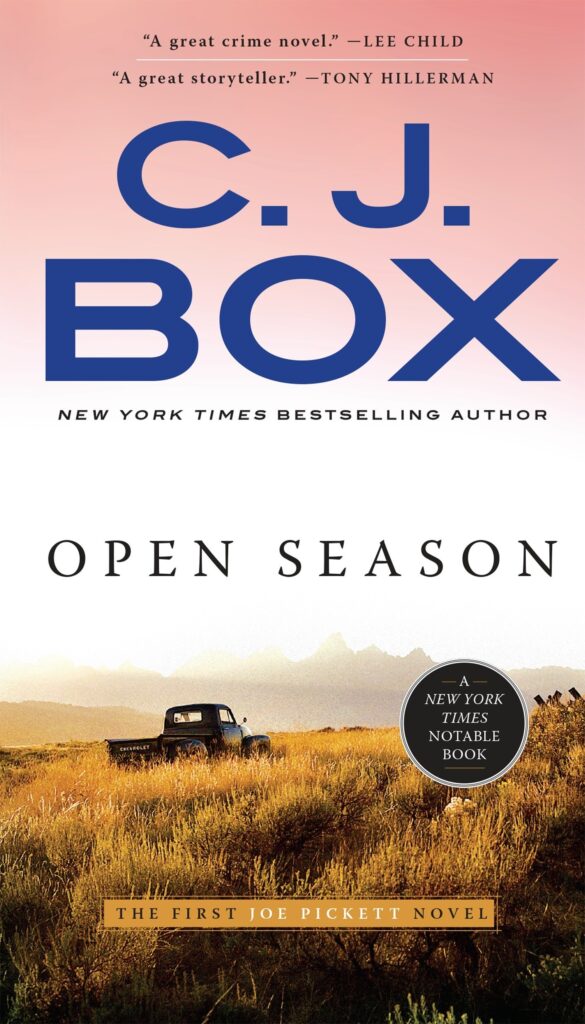
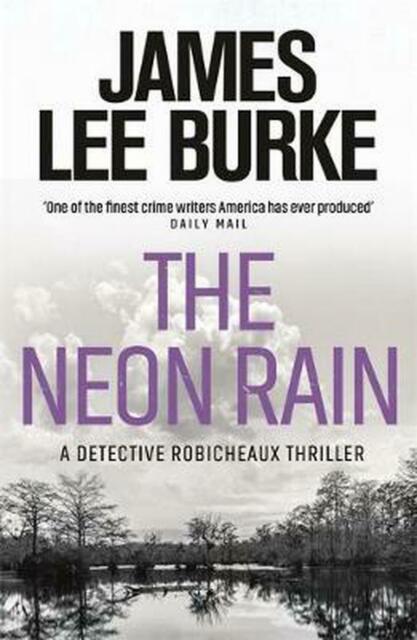
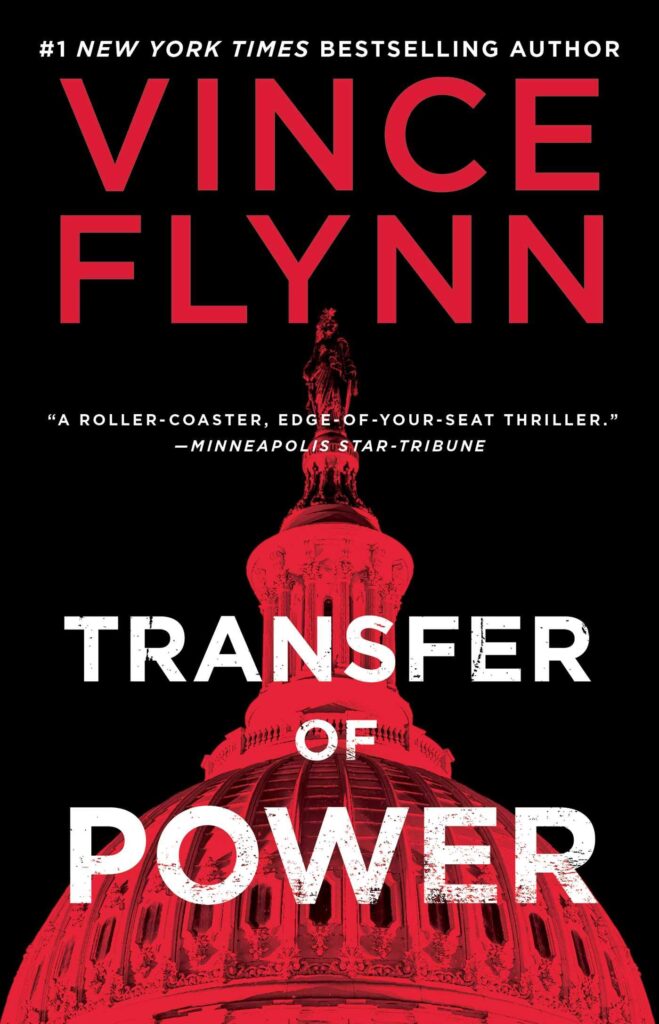
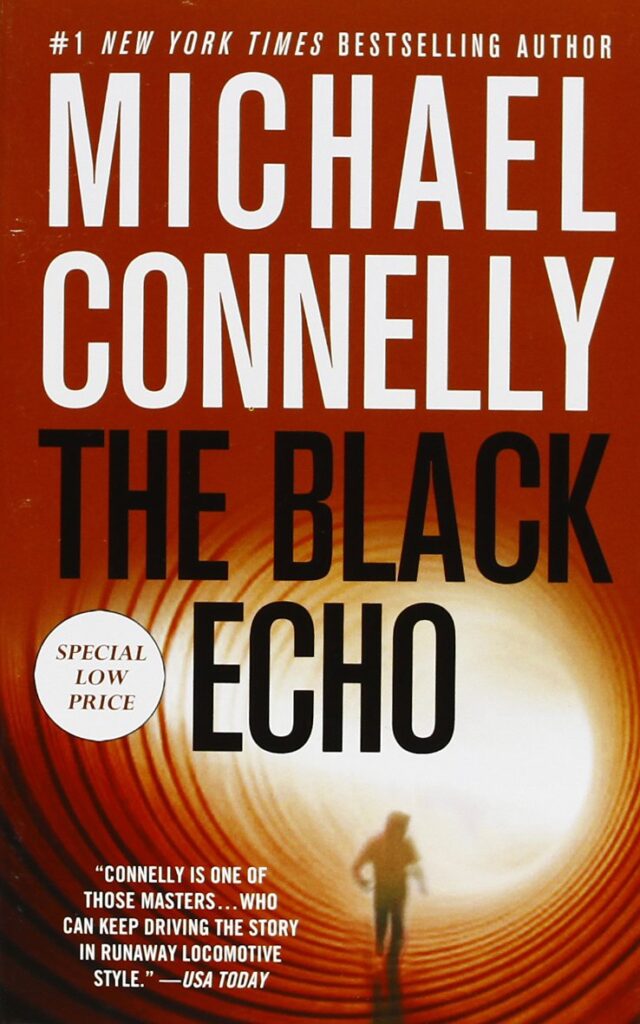
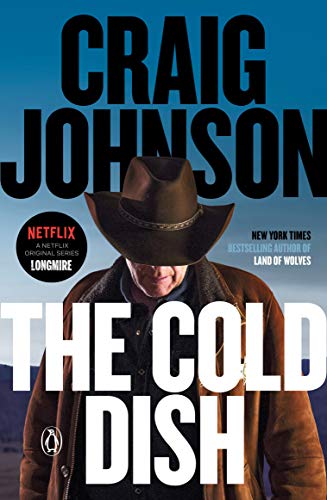


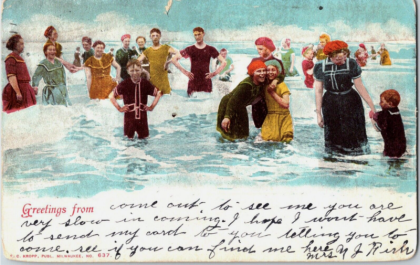









[…] *For more of my thoughts on James Lee Burke and Michael Connelly, see: Books & Such, Some Friends of Mine https://topanganewtimes.com/2021/06/04/some-friends-of-mine/ […]